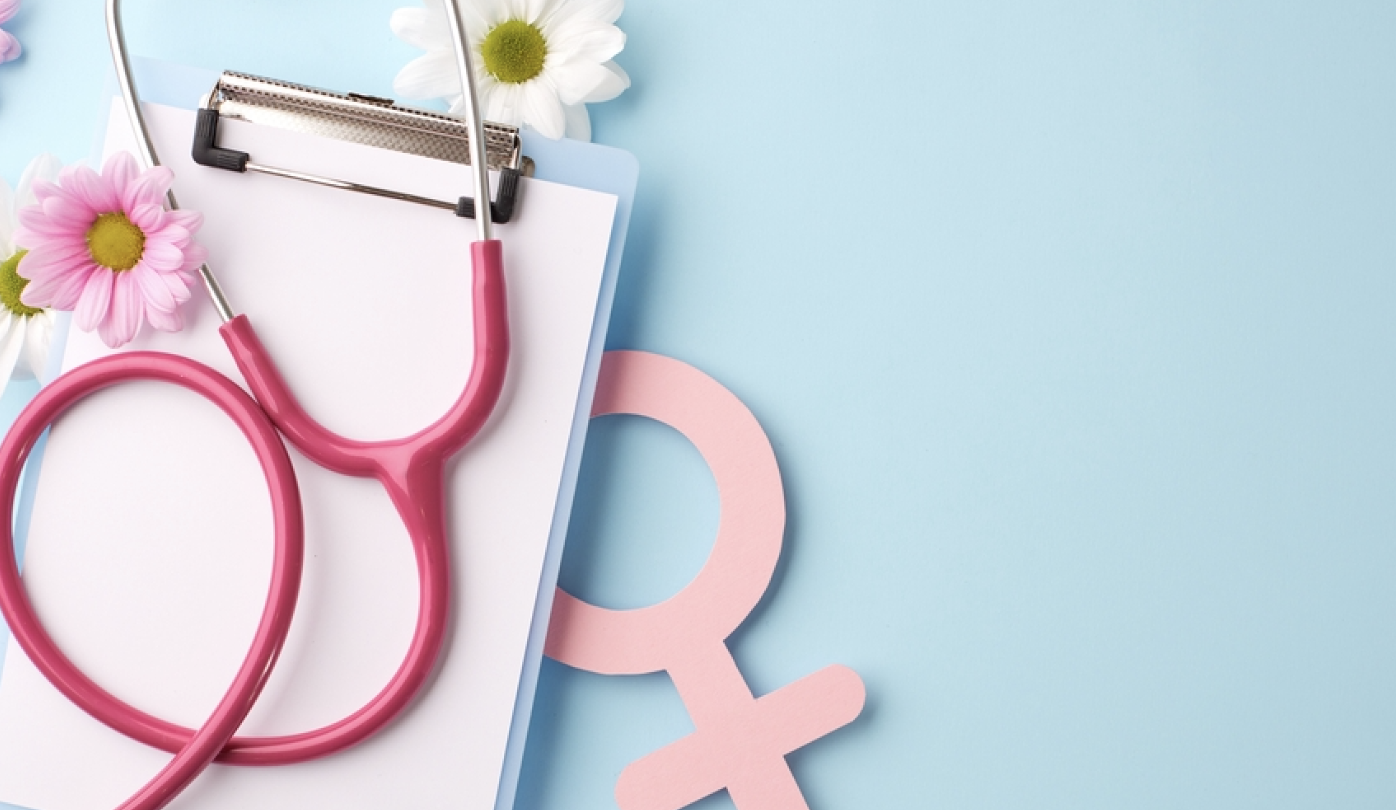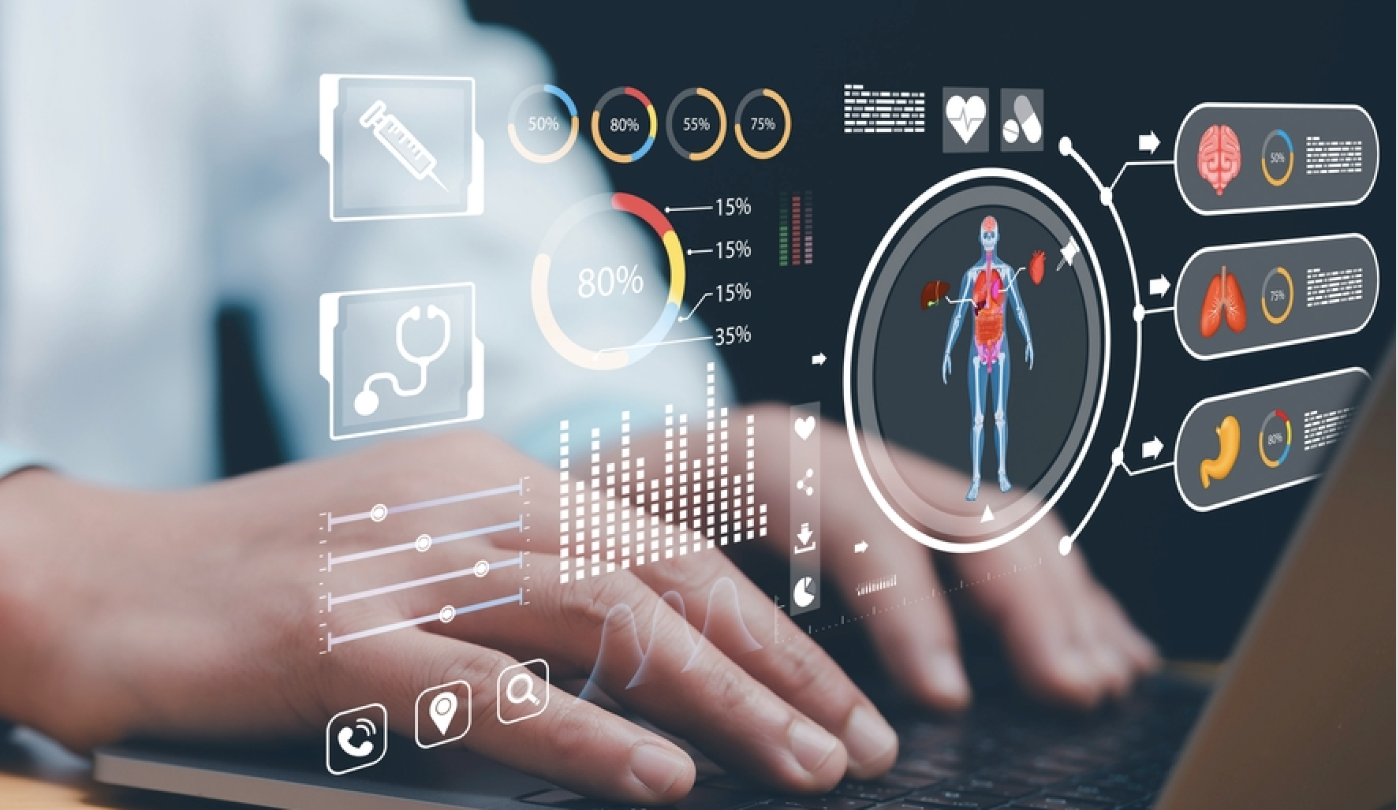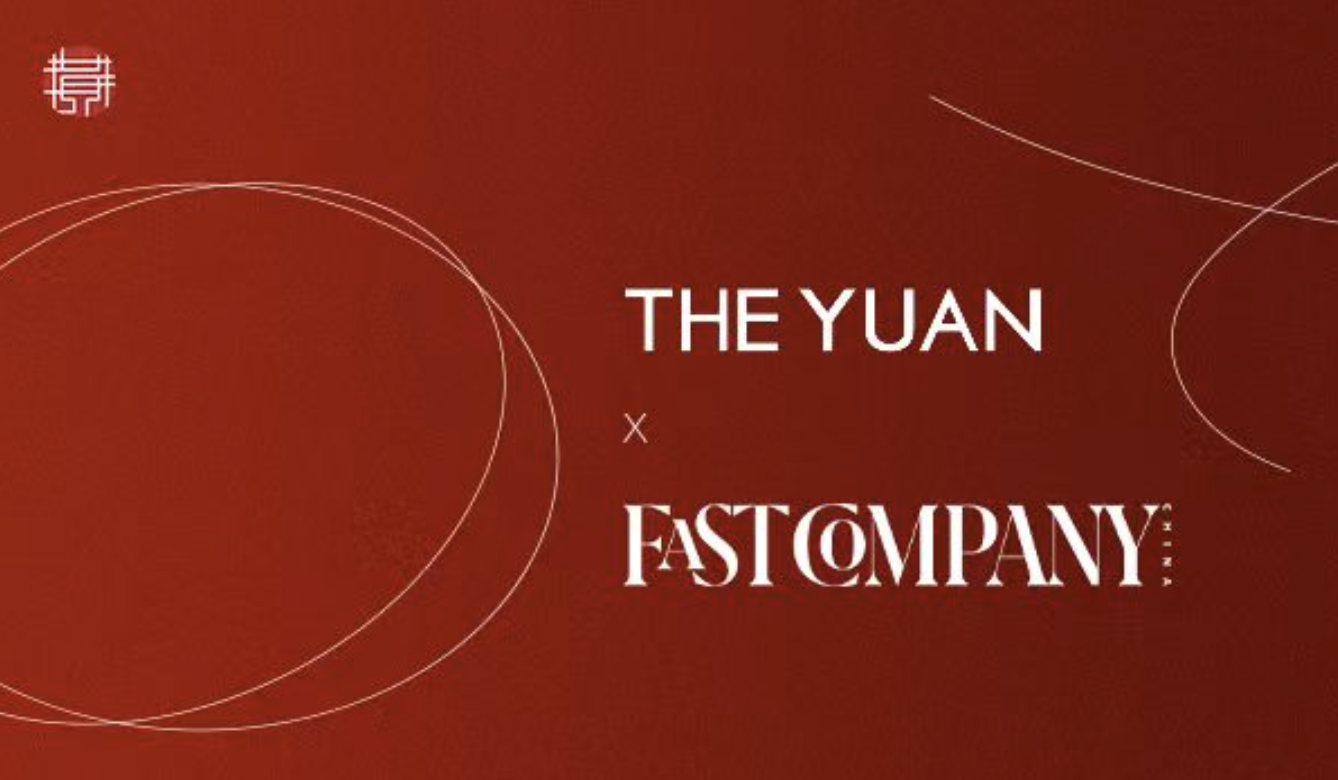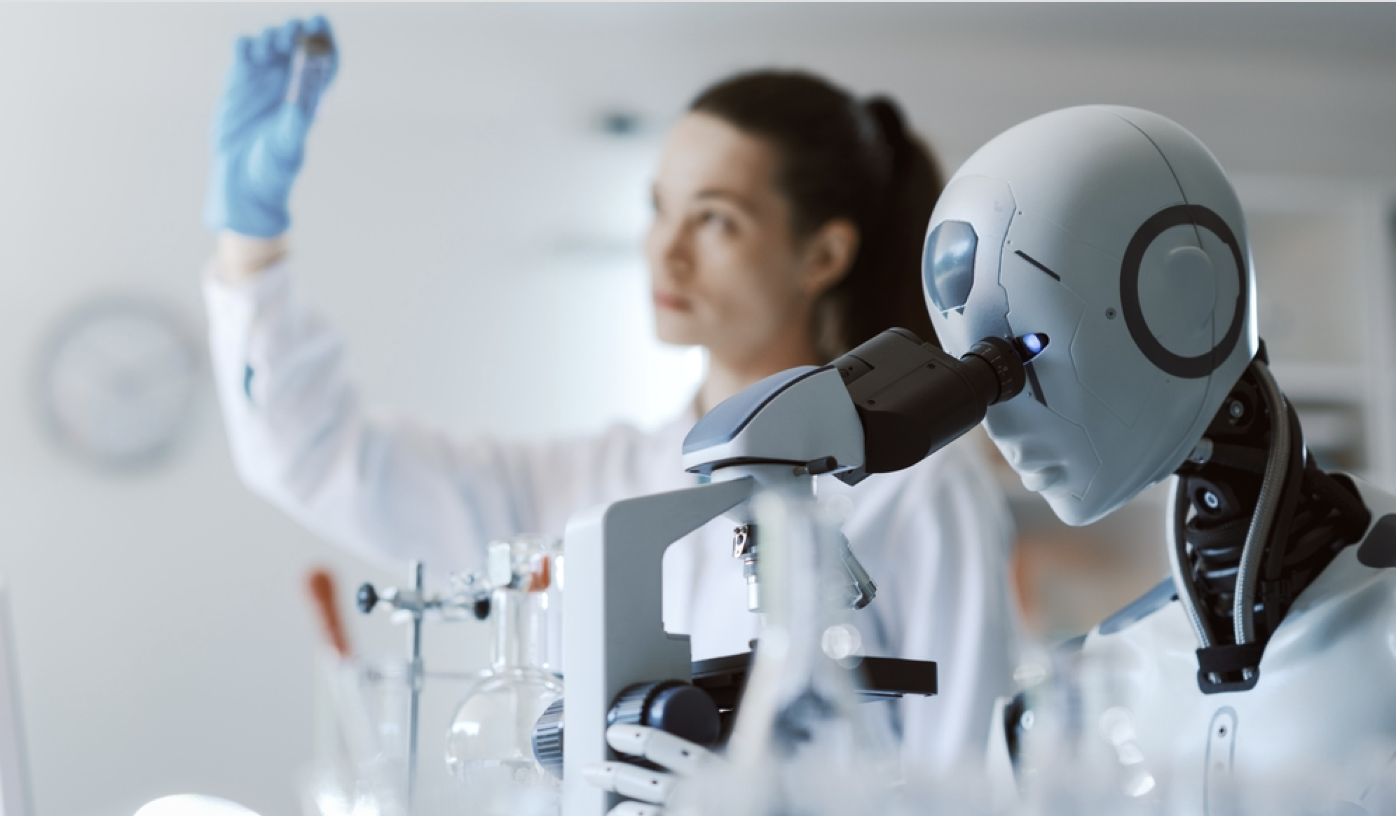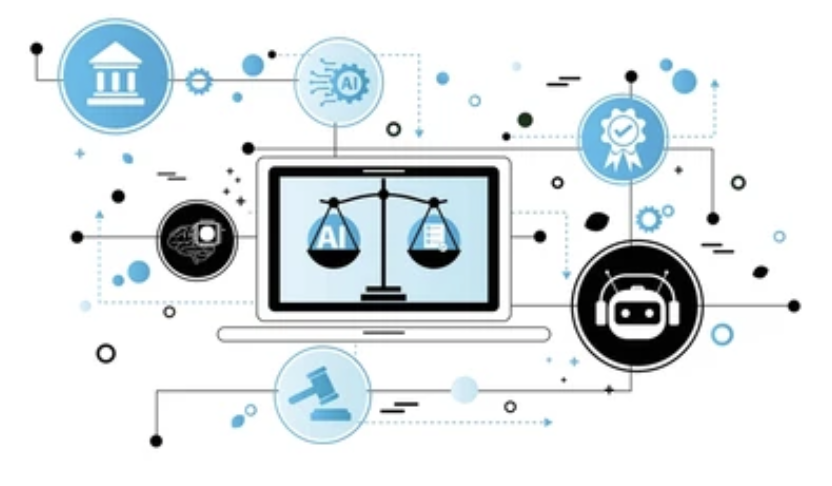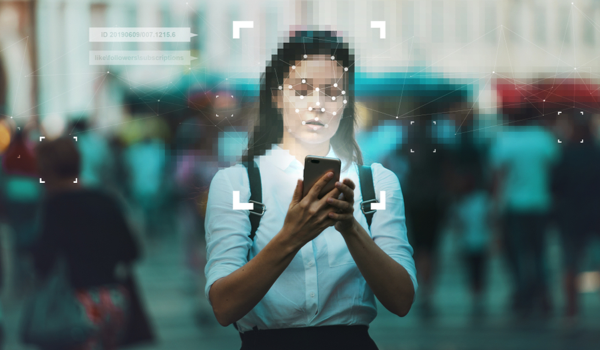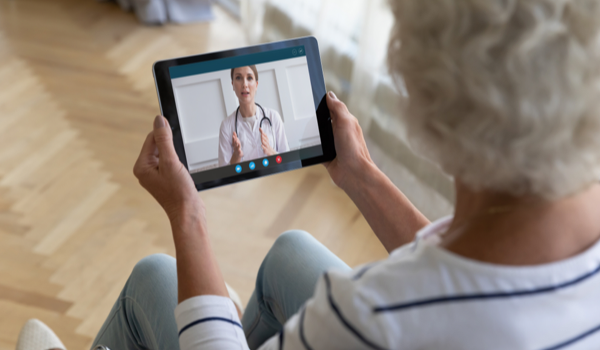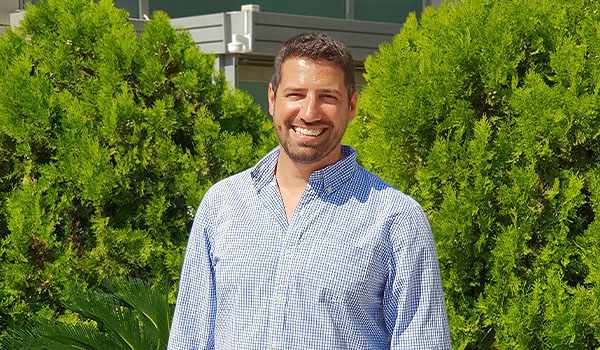


LONDON - Next year is the tenth anniversary of the Big Bang in artificial intelligence (AI). A team led by Geoff Hinton won an annual image recognition competition called ImageNet in September 2012 using a type of silicon chip called graphics processing units (GPUs) and a type of algorithm called convolutional neural nets (CNNs). Hinton's team was not the first to use these techniques, but the margin of their victory was startling. It ignited enormous excitement about AI, and in particular, about subsets of AI called machine learning (ML) and deep learning (DL). The wave of research and investment this set off has given us machines with superhuman abilities in face recognition, game playing, and language generation and translation models.
The best AI systems today are still a long way from human-level general intelligence, known as artificial general intelligence (AGI), which will lead quickly to superintelligence. The Terminator is not lurking just over the time horizon, but modern AI is capable of remarkable achievements, and we are well into the process of deploying this tool across all sectors of the economy - including healthcare.
What new advances in healthcare will AI bring us during the 10th anniversary of its Big Bang? The safest prediction is we will see more of what we saw in 2021 and previous years: better understanding of human biology, better drug discovery processes, and better diagnostic techniques.
Human biology is a complex affair, and proteins are at the center of it. Proteins are chains of amino acids. There are billions of them in each human cell, and they catalyze and guide many of the functions of those cells. The way a protein works is determined by the way it folds in three dimensions, and this is fantastically complicated: understanding it is a grand challenge of biology. DeepMind, a subsidiary of Google and a leading AI research organization, published in July 2021 the details of AlphaFold 2, a
The content herein is subject to copyright by The Yuan. All rights reserved. The content of the services is owned or licensed to The Yuan. Such content from The Yuan may be shared and reprinted but must clearly identify The Yuan as its original source. Content from a third-party copyright holder identified in the copyright notice contained in such third party’s content appearing in The Yuan must likewise be clearly labeled as such. Continue with Linkedin
Continue with Linkedin
 Continue with Google
Continue with Google








 6165 views
6165 views
